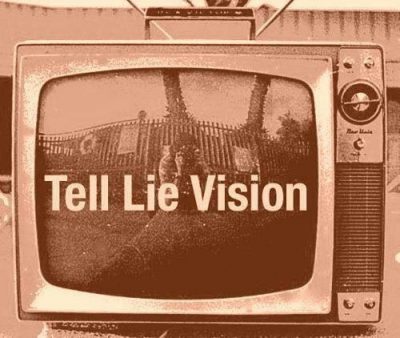The Politics of Insanity: Sick or Sinful?

[T]his view rests on … mistaking or confusing what is real with what is imitation; literal meaning with metaphorical meaning; medicine with morals… – Thomas Szaz
Society highly values its normal man. It educates children to lose themselves and to become absurd and thus to be normal. Normal men have killed perhaps 100,000,000 of their fellow normal men in the last fifty years. – R.D. Laing
Lately, in the furious fever of viral hysteria–what one might call a “panic-demic”–the word “psychopath” has become ubiquitous. Certainly, seen from the everyday point of view of decent people, “normal” people, it makes sense to label as crazy the senseless cyclone turning our lives upside-down. We want to get back to the old normal as possible: not to the “new normal” being thrust down our throats and up our noses.
But since the iron fist is showing ever more clearly through the threadbare shreds of the formerly plumply furry velvet glove, perhaps it would be more useful to approach an analysis in terms of the politics of power. Or in terms of sin, evil, and moral corruption. Or simply in terms of an old-fashioned warrior ethic of the dog-eat-dog, might makes right encounter of the conquering hero kind.
The American Psychiatric Association’s “bible,” the DSM, is neutral in relation to the etiology of mental disorders, making the point that these are defined in terms of social norms.(1) In other words, while one may be considered mentally ill in some social contexts, one would be considered normal in others.
In the same way, the world-view of the warrior honours the virile virtues of a code that may be maladapted to a more “civilized” norm. Hobbes’ “cardinal virtues” of war, “force and fraud”(2) would seem to have no place in a polite drawing-room. “All’s fair in love and war” implies that “nothing is off the table,” even that there is no such thing as evil in a world where there is no moral compass. Indeed, the very word “moral” seems, more and more, a quaint anachronism.
This is the world where a public figure can claim with apparent pride to an appreciative audience chuckling in approval: “We lied, we cheated, we stole.” Only missing is “we murdered.”
Perhaps this is a world of moral, not mental, illness. A sickness of the soul. And it is easy to sell one’s soul to the Devil if one has no moral sense, if it is a shrivelled appendage like a spiritual appendix. No longer needed, surplus to requirements, a useless eater of our body energy. Better to cut it out in one clean, surgical strike.
Can a whole culture fall prey to a collective soul-sickness, poisoned with the Kool-Aid of a warrior death cult? Can “this is war!” lose its power to thrill in the boardrooms, sports stadia, and fields of battle? Can Veblen’s “predatory culture” evolve past the need for “full spectrum dominance?”
Surely we are at the point where, in W.H. Auden’s poem, September 1, 1939, writing about a “psychopathic god” he says: “We must love one another or die.”
*
Note to readers: please click the share buttons above or below. Forward this article to your email lists. Crosspost on your blog site, internet forums. etc.
S. M. Smyth was a founding member of the 2006 World Peace Forum in Vancouver and organized a debate about TILMA at the Maple Ridge City Council chambers between Ellen Gould and a representative of the Fraser Institute.
Notes
(1) DSM-IV: Diagnostic and Statistical Manual of Mental Disorders
(2) Hobbes, Leviathan (1651) pt. 1, ch. 13

